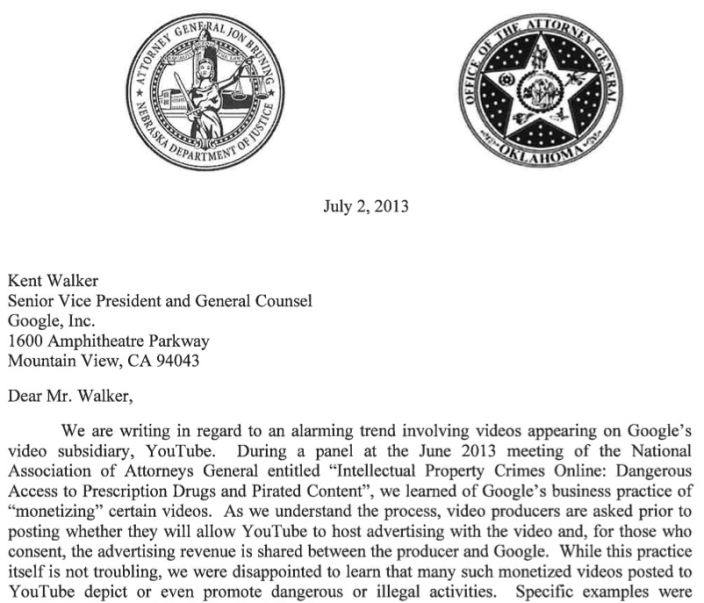
Google tracking your store visits to prove its advertising works
Digiday reports that Google has implemented the tracking system it described last month, allowing it to see whether people seeing ads for local stores do in fact visit them.
If someone conducts a Google mobile search for “screwdrivers,” for instance, a local hardware store could bid to have its store listing served to that user. By pairing that person’s location data with its database of store listings, Google can see if the person who saw that ad subsequently visited the store.
Google can do this by default on Android devices – it’s one of the things you agree to in the small-print when you switch on location services – and on iOS devices when people use Google apps.
It’s effectively the real-world equivalent of cookies. When you’re exposed to an ad for the Acme Hardware Store, a cookie will often be placed on your PC. When you visit the Acme website, it can read that cookie and see that the ad worked. This does the same thing for visits to physical stores.
Via Engadget


